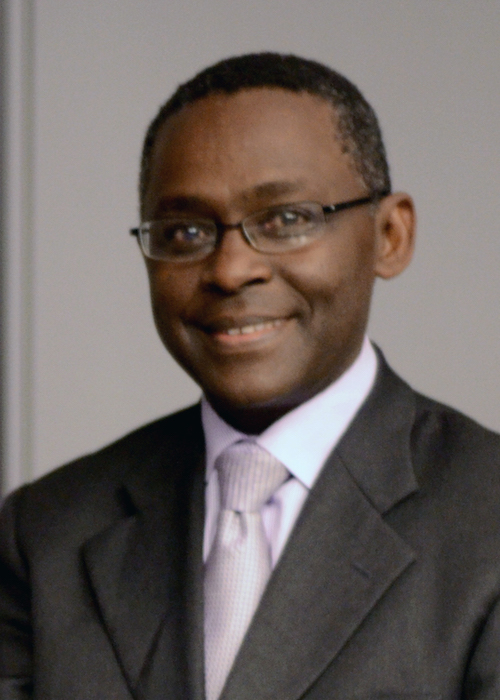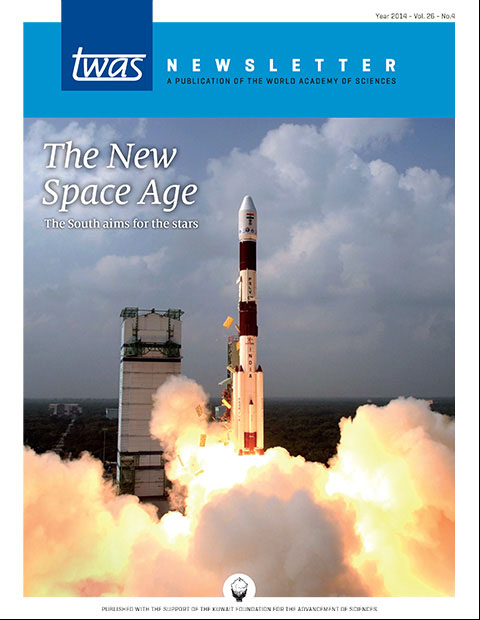 For the past decade, China has mounted an initiative to explore the Moon, with each launch growing more ambitious. Last fall, millions of Indians celebrated when their nation put a spacecraft into orbit around Mars. Across the developing world, dozens of other nations are making forays into space. It is a time of extraordinary progress, and yet, in news coverage and public discussion, two objections frequently emerge:
For the past decade, China has mounted an initiative to explore the Moon, with each launch growing more ambitious. Last fall, millions of Indians celebrated when their nation put a spacecraft into orbit around Mars. Across the developing world, dozens of other nations are making forays into space. It is a time of extraordinary progress, and yet, in news coverage and public discussion, two objections frequently emerge:
Why should nations suffering from hunger be spending money on space programmes? Aren’t these nations just flexing their muscle – at great cost – in a new era of geopolitical competition?
The concerns about human priorities and wise use of public resources are well justified. And yet, sometimes it seems this discussion reflects a view of science in the developing world that is stuck in the 1970s.
 India and China get most of the headlines, but consider a smaller country: Peru.
India and China get most of the headlines, but consider a smaller country: Peru.
Teams of faculty and students at three Peruvian universities have built four small satellites, all launched since late 2013. In the process, they have worked with colleagues in France, Russia and the United States. All of this experience will quickly build the nation’s skill and capability.
Azerbaijan, Mauritius and Iraq recently have had similar breakthroughs, and others are close behind. But while competition can be good for innovation, it is simplistic to call this a new “space race”. Rather, it’s a new space age in which many nations are seeing opportunity.
The point is underscored time and again in our special report on space science. By some counts, 70 nations now have space programmes; 35 of them have space agencies. Even 10 years ago, this would have been inconceivable.
But satellites are not mere status symbols. A satellite in the sky brings real benefits on the ground in communication and weather forecasting. Satellites support geographic information systems (GIS), which can be used to improve urban water efficiency, or to track the spread of disease.
In Rwanda, my home country, the government in the late 1990s began to work with the Georgia Institute of Technology, the Dian Fossey Gorilla Fund International and the National University of Rwanda on remote sensing systems – using GIS, GPS and satellite imaging – to monitor mountain gorilla populations and their habitat. Such work is good for the land and for the gorillas, and it supports sustainable economic development through eco-tourism.
To say that a nation must choose between food and space science is misleading, because satellites support food production. They can help predict rainfall and drought, and assess the moisture content of soils. They can help to analyse soil quality and the condition of crops, allowing for early warning of crop failure. GIS and satellite images can guide cultivation practices.
TWAS has long advocated the value of space science for developing nations. One of TWAS’s 10 membership committees is focused on Earth, astronomy and space sciences. We have awarded fellowships and prizes to space scientists. We see space science as an essential support for sustainable development, and for the post-2015 Sustainable Development Goals. Clearly, the data obtained by Earth observation and remote sensing can make powerful contributions to our communities and our people.
Why should developing nations go into space? Today, there’s a more important question: Can they afford not to?
Romain Murenzi, TWAS executive director

